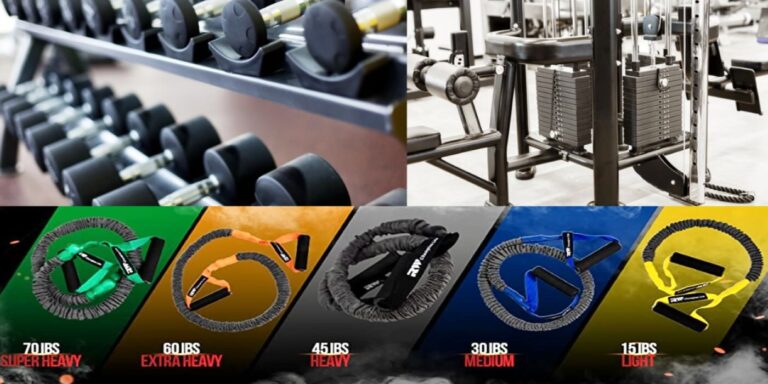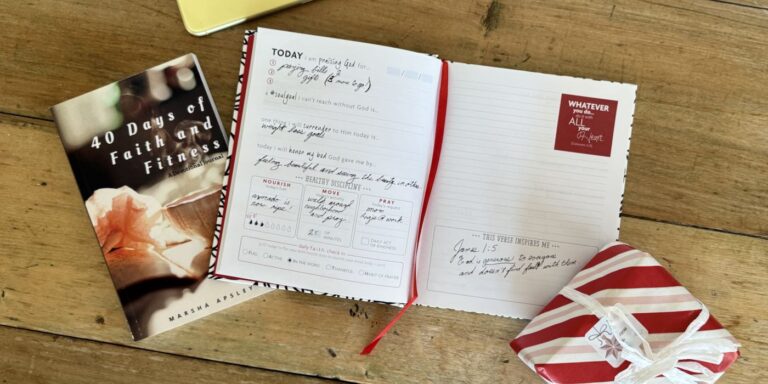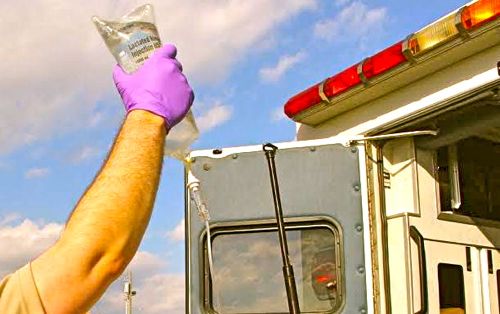 By Nathaniel L. Drake, CCP, NRP
By Nathaniel L. Drake, CCP, NRP
How long could you hold up hope?
He looked like a porcelain doll lying still and silent on the ottoman; pale grayish-white on soft, red felt. His lips were blue and his skin was cool as I rolled him and cut away the infant onesie in a swift motion. Defibrillator pads were placed, and the fight for Finley William Ellison’s life began.
“Twenty-one, twenty-two, twenty three… Two breaths after thirty compressions… Need to establish vascular access… Calculate dosage of epinephrine… Prepare to intubate….”
These deeply programmed thoughts, forged out of rigorous training and refined instincts, gave me clarity and direction as they had many times before. In this line of work, you can’t act on the emotion of the moment. You have to act on what you know to do. But as seconds turned to minutes that passed without a sign of hope, the inevitable question arose: “Is it time to quit or do I keep going?” In the midst of flying wrappers, busy movements and frightened faces looking inward to the controlled chaos surrounding this three-month old boy, the decision didn’t take long. “Keep going.”
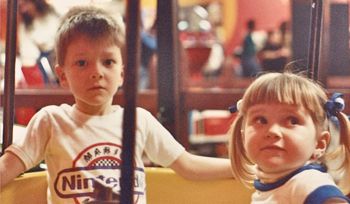 I never imagined myself working on an ambulance. As most young boys do, I ran around in capes in the back yard, looking for something heroic and awe inspiring to do. As I grew, aspiring careers spanned between ninja and heart surgeon, but my desire to make a difference never changed. What did change was my understanding of what truly makes a person strong and brave.
I never imagined myself working on an ambulance. As most young boys do, I ran around in capes in the back yard, looking for something heroic and awe inspiring to do. As I grew, aspiring careers spanned between ninja and heart surgeon, but my desire to make a difference never changed. What did change was my understanding of what truly makes a person strong and brave.
Growing up was an urgent necessity in a single parent home with a younger sibling, especially after a violent car crash left our mother with a traumatic brain injury, amnesia and long term disabilities. In those times, it seemed the only sure thing in my life was uncertainty itself.
My desire to make a difference never changed.
What did change was my understanding of what truly makes a person strong and brave.
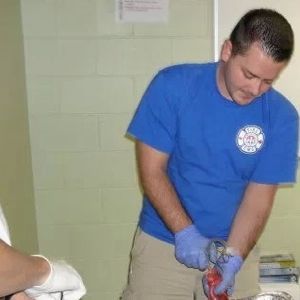 While hurtling through life lessons that normally should allow more time, I learned to provide medical care at a young age. I met doctors, nurses, physical therapists, surgeons and eventually the EMS providers who had rescued my mother from the wreckage. This began to shape my future in a way that was hard for me to comprehend at the time but eventually led to my own training and career as a paramedic. The trauma of everything I’d been through had left me feeling isolated and powerless, until I met someone else at fifteen years old. I met Jesus Christ, and knowing Him changed my life.
While hurtling through life lessons that normally should allow more time, I learned to provide medical care at a young age. I met doctors, nurses, physical therapists, surgeons and eventually the EMS providers who had rescued my mother from the wreckage. This began to shape my future in a way that was hard for me to comprehend at the time but eventually led to my own training and career as a paramedic. The trauma of everything I’d been through had left me feeling isolated and powerless, until I met someone else at fifteen years old. I met Jesus Christ, and knowing Him changed my life.
It was a horrible way to meet such a nice family on an otherwise bright and sunny day in May. My twenty-four hour shift as a Critical Care Paramedic at Georgetown-Scott County EMS began as it usually does: checking equipment, logging medications and stocking supplies. After my fortunately well rested forty-eight hours off duty, it might have begun immediately with a car wreck, an overdose, a heart attack or any variety of emergency imaginable. That’s just the nature of the job. A Paramedic’s career is uniquely surrounded in uncertainty. Each day can be more or less intense and demanding than the last.
This day might have continued with half eaten meals, reviewing case studies and protocols, mentoring Paramedic hopefuls for their field internships, or keeping strong in the gym. The latter is at times a luxury, although exercise and strength training are at the very core of our work and critical to our effectiveness.
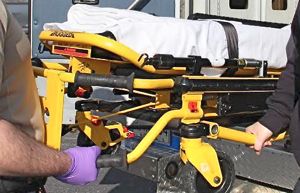 Unloading a stretcher is just the beginning of my job. A wide range of Advanced Life Support expertise and skills is of little use to us without the ability to by physically strong and perform in adverse conditions; to carry a cardiac monitor quickly up flights of stairs, hang upside down in a mangled vehicle to start an IV or carry a hefty patient across rough terrain to a helicopter landing zone or performing at three o’ clock in the morning with little or no sleep at all.
Unloading a stretcher is just the beginning of my job. A wide range of Advanced Life Support expertise and skills is of little use to us without the ability to by physically strong and perform in adverse conditions; to carry a cardiac monitor quickly up flights of stairs, hang upside down in a mangled vehicle to start an IV or carry a hefty patient across rough terrain to a helicopter landing zone or performing at three o’ clock in the morning with little or no sleep at all.
But when time is precious and circumstances are unpredictable, it’s important to be prepared in body, mind and spirit. Sometimes, it’s a set of pushups or a few minutes in prayer that gets the day going right.
CPR continued as baby Finley was scooped up and hurried out the door. As we rushed past the teary faces of his family, a man’s voice pleaded with me from behind, and then broke. It was Dwayne Ellison, Finley’s father.
“Please, please save my boy. Come on, Finley. Come on, buddy!”


